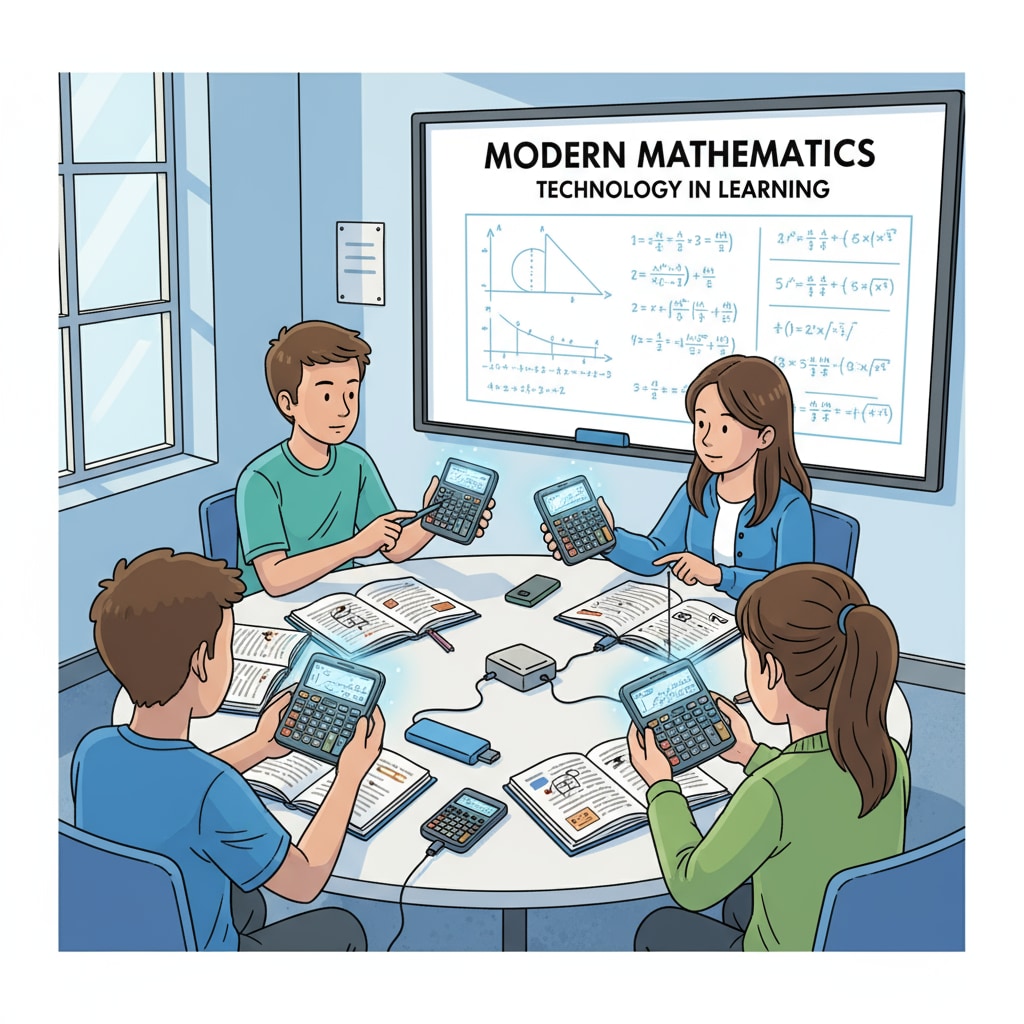In the realm of K12 education, the practical value of advanced mathematics in mathematics education has long been a topic of intense debate. Many students often wonder why they need to learn complex mathematical concepts that seem to have little immediate connection to their daily lives. This raises important questions about the real-world applications and overall worth of advanced mathematics in the educational curriculum.

The Skepticism Surrounding Advanced Math
One of the main reasons for the doubt regarding the practicality of advanced mathematics in K12 education is the perceived lack of real-world relevance. In an era where technology, such as calculators and software, can handle complex numerical computations with ease, the need for students to manually perform intricate mathematical operations seems diminished. For example, in many modern workplaces, professionals rely on digital tools rather than mental arithmetic or complex algebraic manipulations. As a result, students may question the necessity of spending countless hours studying advanced math concepts like calculus or trigonometry.

The Role of Advanced Math in Cultivating Thinking Skills
However, advanced mathematics plays a crucial role in cultivating essential thinking skills. It trains students to think logically, analyze problems systematically, and develop creative problem-solving strategies. Take geometry, for instance. The study of geometric proofs requires students to construct a series of logical steps to reach a conclusion. This process enhances their deductive reasoning abilities. According to Wikipedia’s page on Mathematical Reasoning, mathematical reasoning is fundamental in various fields, from science and engineering to finance and law. In addition, advanced math encourages students to approach problems from different perspectives, fostering their creativity and adaptability.
Advanced Math as a Foundation for Other Disciplines
Moreover, advanced mathematics serves as a solid foundation for many other disciplines. In the field of science, physics relies heavily on calculus to describe the motion of objects, calculate forces, and understand the behavior of physical systems. Biology also increasingly uses mathematical models to analyze biological processes, such as population growth and the spread of diseases. As stated on Britannica’s page about Mathematics in Biology, mathematics provides the tools to quantify and analyze biological phenomena. Without a strong background in advanced math, students may find it challenging to pursue higher education and careers in these scientific fields.
In conclusion, while the practical value of advanced mathematics in K12 education may seem debatable on the surface, a deeper examination reveals its undeniable importance. It not only nurtures critical thinking skills but also serves as a stepping stone for further academic and professional pursuits. Therefore, instead of dismissing advanced math, educators should focus on reforming teaching methods to make it more engaging and relevant to students’ lives, ensuring that the next generation is well-equipped with the mathematical knowledge and skills they need to succeed. Readability guidance: This article uses short paragraphs to clearly present ideas. Each section focuses on a key aspect of the topic. Transition words like ‘however’ and’moreover’ are used to connect different ideas smoothly. The passive voice is minimized, and the language is kept accessible to a wide range of readers.


